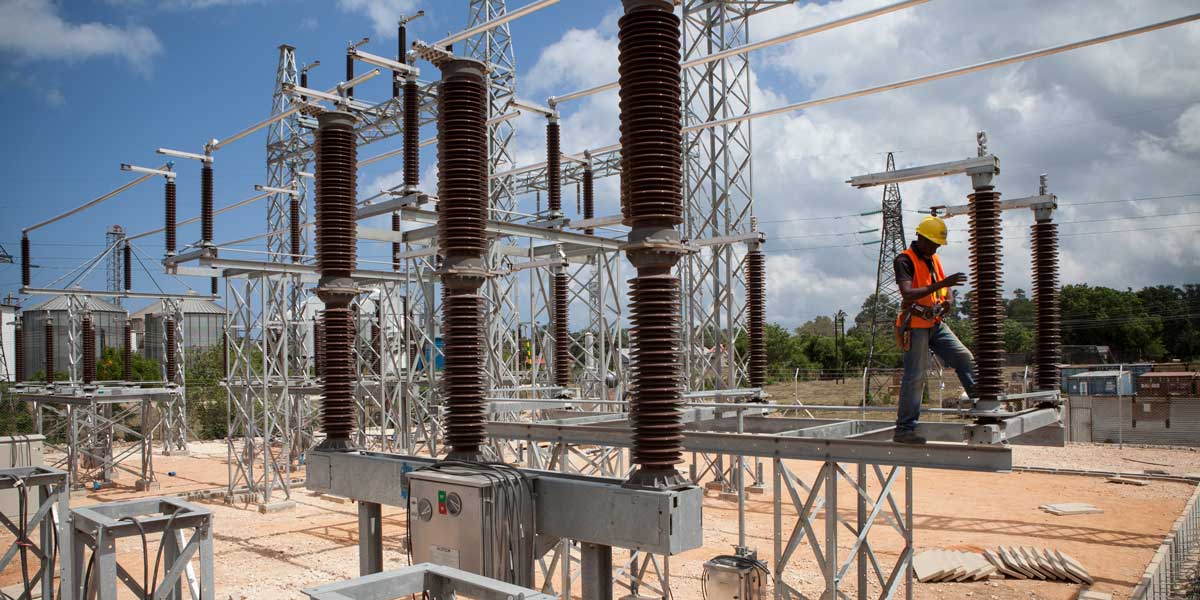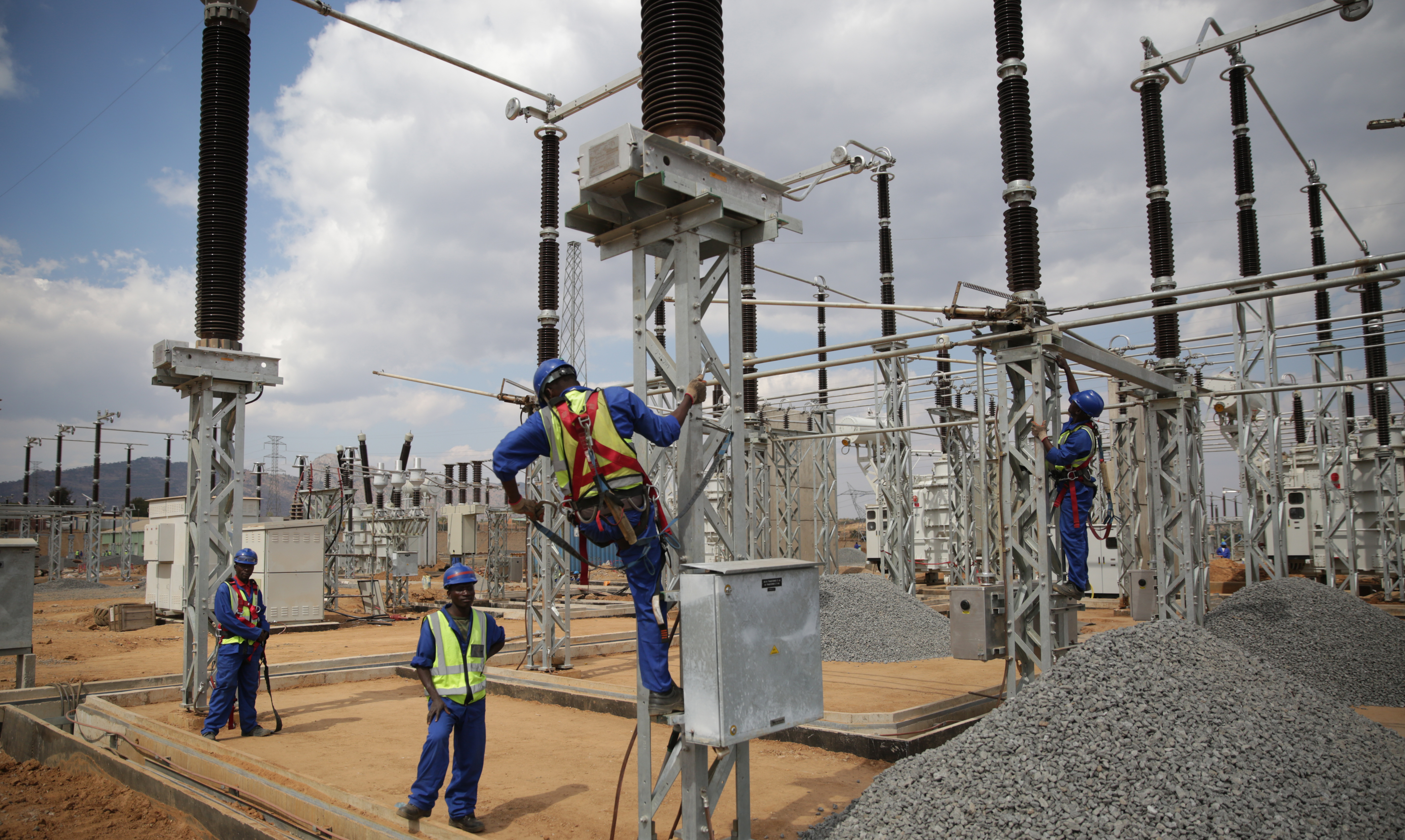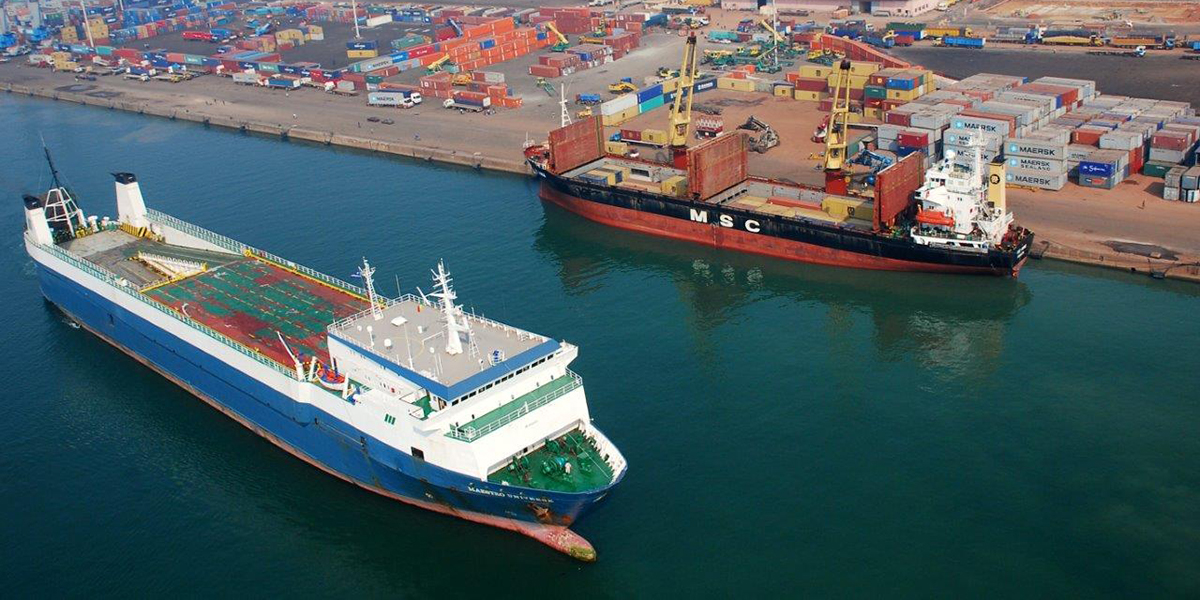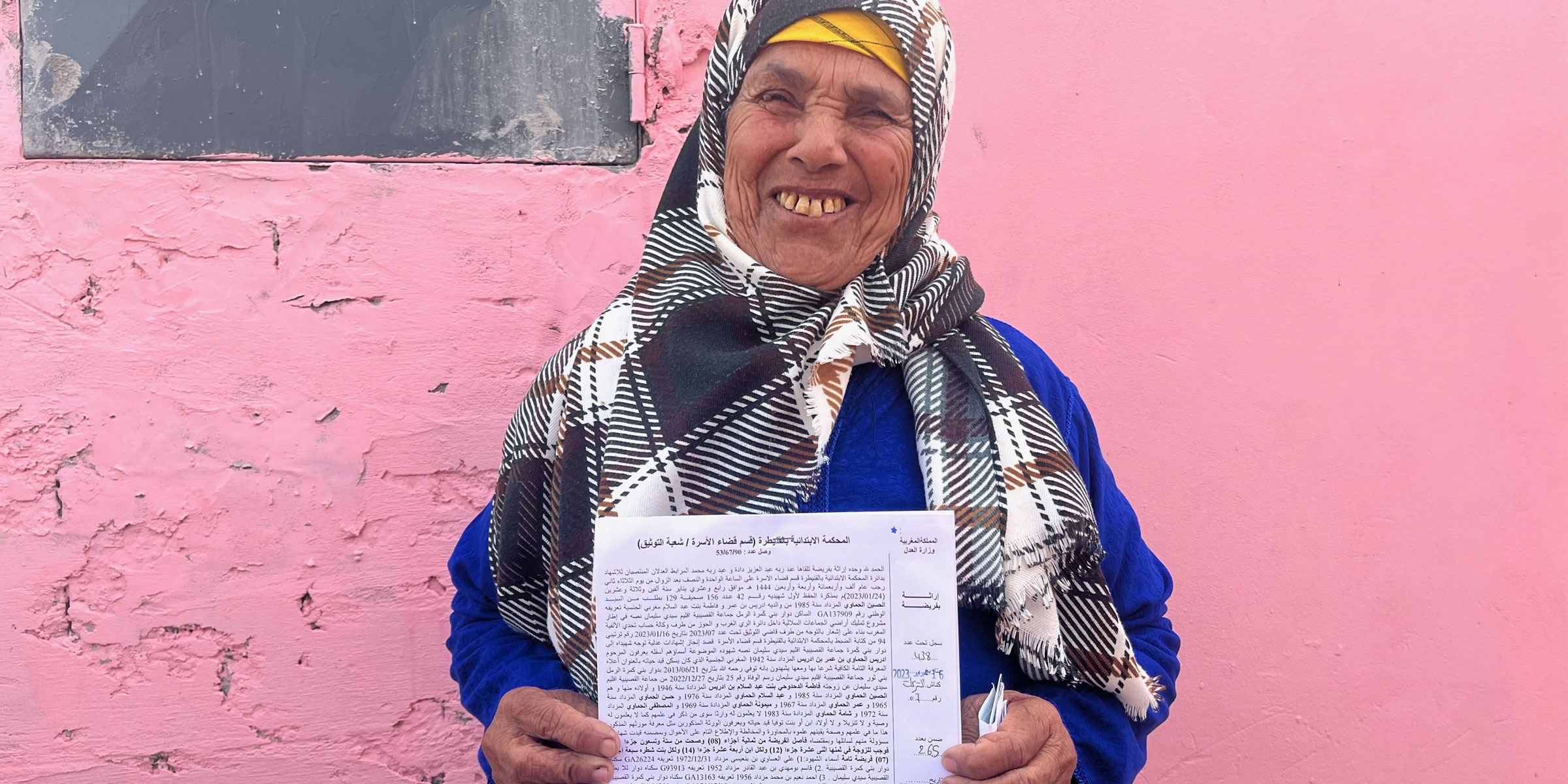MCC's Investments in Africa by Sector
Numbers represent compact investments as of Mar. 31, 2024.
Two-thirds of MCC’s portfolio are investments in African partner countries who have demonstrated their commitment to good governance, democratic values and investing in their people. MCC is playing a leading role in helping countries seize new economic opportunities and fight poverty.
Since its founding in 2004, MCC has invested over $10 billion in programs in 24 countries across Africa. MCC’s Africa portfolio is largely composed of large-scale infrastructure projects that have delivered clean water and sanitation to help fight disease, made transportation more efficient through construction of hundreds of kilometers of roads, improved agriculture yields by bringing irrigation to farmers, and increased access to reliable electricity for households and businesses.
The AGOA and MCA Modernization Act authorized MCC to enter into Regional Compacts. Regional Compacts are MCC’s approach to tackling large scale, regional economic barriers to cross-border trade and investment challenges. Often Regional Compacts have multiple countries working concurrently, using regional analytics, organizations and private sector data to identify how and where an MCC grant can have the largest transformation for multiple economies. This expands MCC’s ability to deploy its innovative model on projects within MCC partner countries and across borders, thereby enhancing MCC’s poverty reduction, security, and stability impacts.
MCC’s investments and partnerships have:
- benefited an estimated 154 million Africans,
- improved the yields of over 70,616 African farmers,
- educated 255,523 African students,
- contributed over 26 million megawatt-hours of electricity supply to Africans, and
- guaranteed over 305,000 African households and businesses have legal rights and protections over their land.
MCC Investments in Africa
-
Health Systems
$75 million in Lesotho to strengthen the delivery of primary health care services, improve government efficiency and address the unique challenges related to gender-based violence.
-
Energy Investments
$550 million in Senegal Energy Compact is designed to strengthen and modernize the power sector by increasing the reliability and access to electricity and helping Senegal’s government establish a modern and efficient power system.
-
Regional Investments
The MCC regional compact with Benin will invest in rehabilitating the roads and transport corridor for greater regional access to the Port of Cotonou. This regional corridor is considered one of the most heavily traveled corridors in West Africa and will showcase how MCC can support a regional approach to economic growth.
-
Food Security
$5 billion invested with partner countries to address many sources of food insecurity. The Mozambique Connectivity and Coastal Resilience Compact will increase private investment in rural agriculture and results-based financing to sustainably link smallholder farmers to commercial markets.
-
Urban Planning and Land Use
The Nairobi metropolitan region is one of the fastest urbanizing regions on the African continent. Through its Kenya Urban Mobility and Growth Threshold Program, MCC is providing $60 million to address challenges that limit urban mobility and connectivity in Nairobi. The program supports improvements in long-term planning for urban land use and transportation, with an emphasis on the needs of underserved groups, safer options for women and pedestrians, and climate-friendly public transportation.
-
Job Market and Training Environment
In today’s dynamic economy, it’s critical that young people need to have access to a high-quality education that provides the skills that they need to get a job. The Morocco Employability and Land Compact, which ended in March 2023, invested $225 million in improving the quality of secondary and TVET education as well as job training services for young people and women.
-
Digital Infrastructure
Togo’s economy is restricted by high costs of internet connectivity and the resulting low usage of digital tools and services by its population. The $35 million Togo Threshold Program supports reforms to address these constraints by strengthening the regulatory environment, encouraging private sector investment, expanding service to underserved areas, and increasing the use of ICT among women and small businesses. The Togo Proposed Compact is studying investments in fiber-optic network that would provide essential high-speed internet infrastructure, as well as investments in a digital financial services system that would facilitate digital payments.
Related Initiatives
-

MCC is a major contributor to Power Africa's goals. The agency's approach to helping countries achieve economic growth—through a focus on results, country demand, and good governance—is squarely aligned with the Power Africa effort. MCC has invested around $2.5 billion to support Power Africa through compacts and threshold programs, which improve the quality and consistency of electricity, attract private investments, and develop sustainable energy solutions.
-
MCC's goals, mission and country-driven approach are aligned with Feed the Future. As a proud implementing agency of the U.S. Government-wide initiative, MCC has invested over $5 billion dollars in agriculture across its global portfolio and is helping to sustainably reduce hunger and poverty through increased agricultural development and nutrition programs.
-

MCC is a builder and catalyst in blended finance transactions and is well-positioned to facilitate the U.S. Government's strategic use of development finance to mobilize private capital for public good through Prosper Africa.
-

MCC has invested $4.5 billion in trade capacity building assistance in AGOA countries on infrastructure like roads and power, on increasing productivity of small- and medium-sized businesses and export-heavy sectors, and leveraging policy and regulatory reforms.


